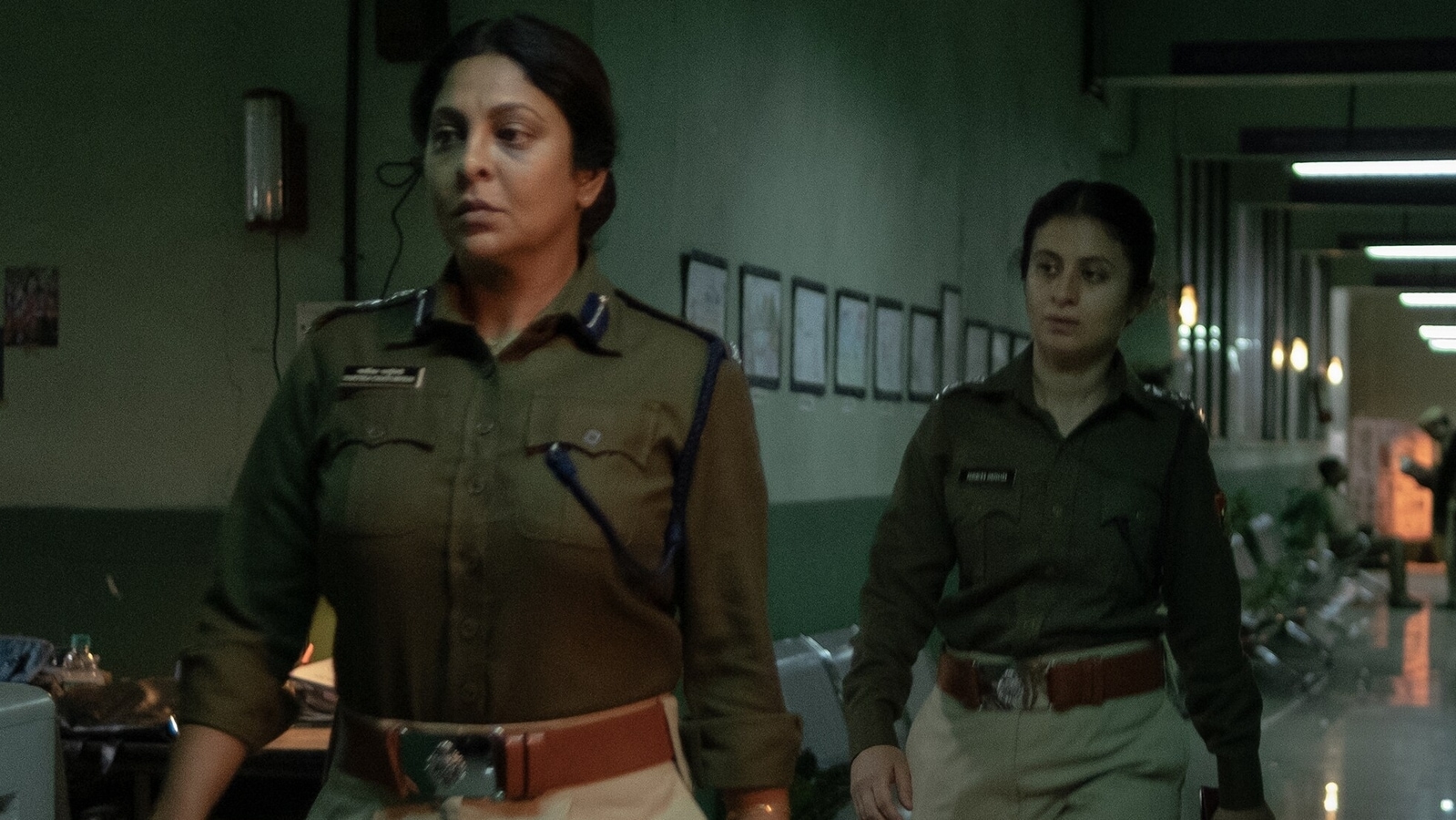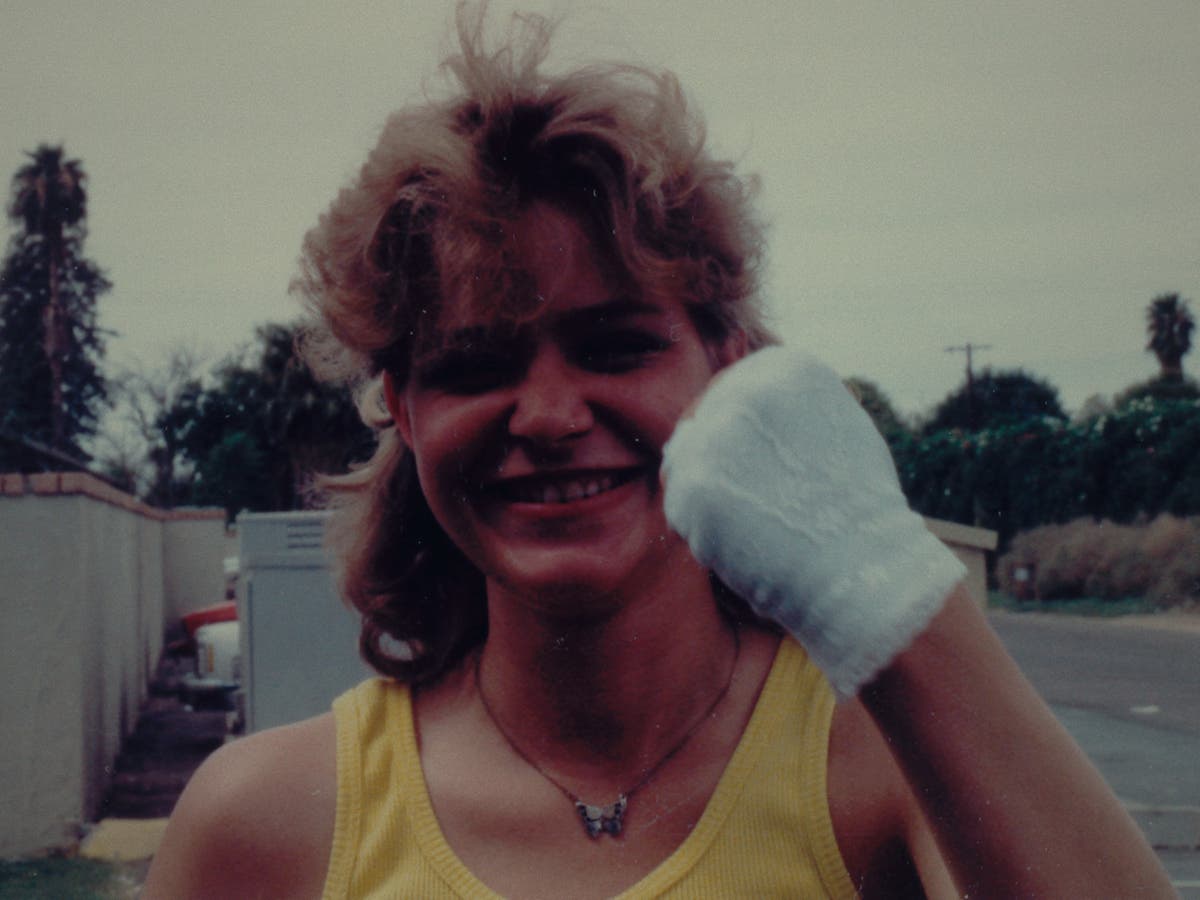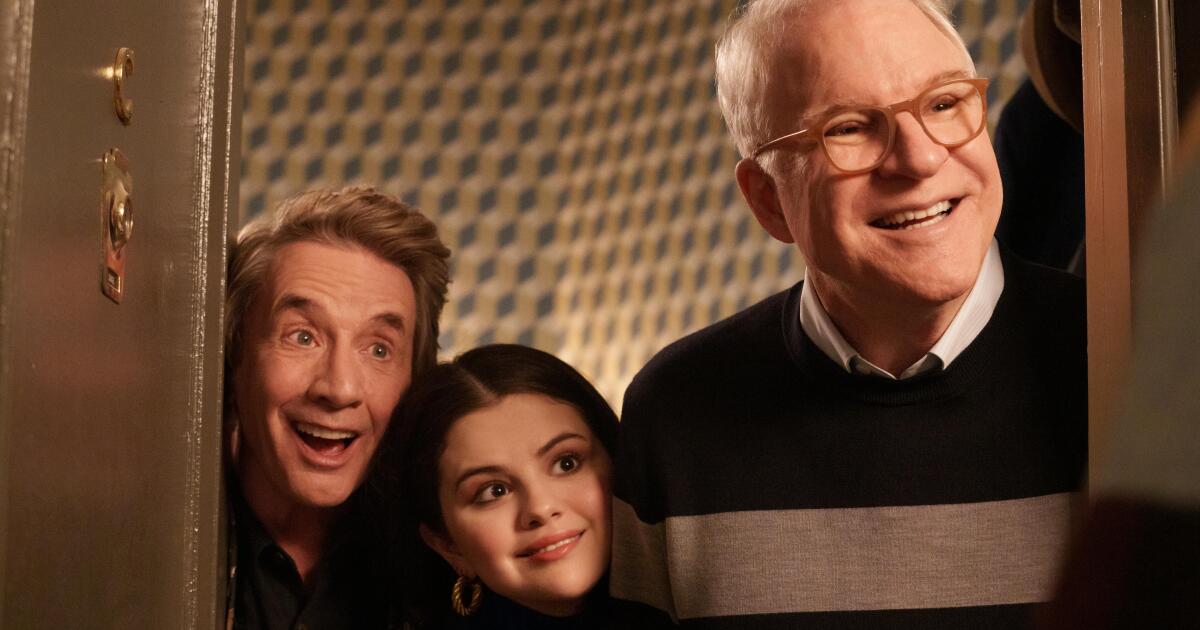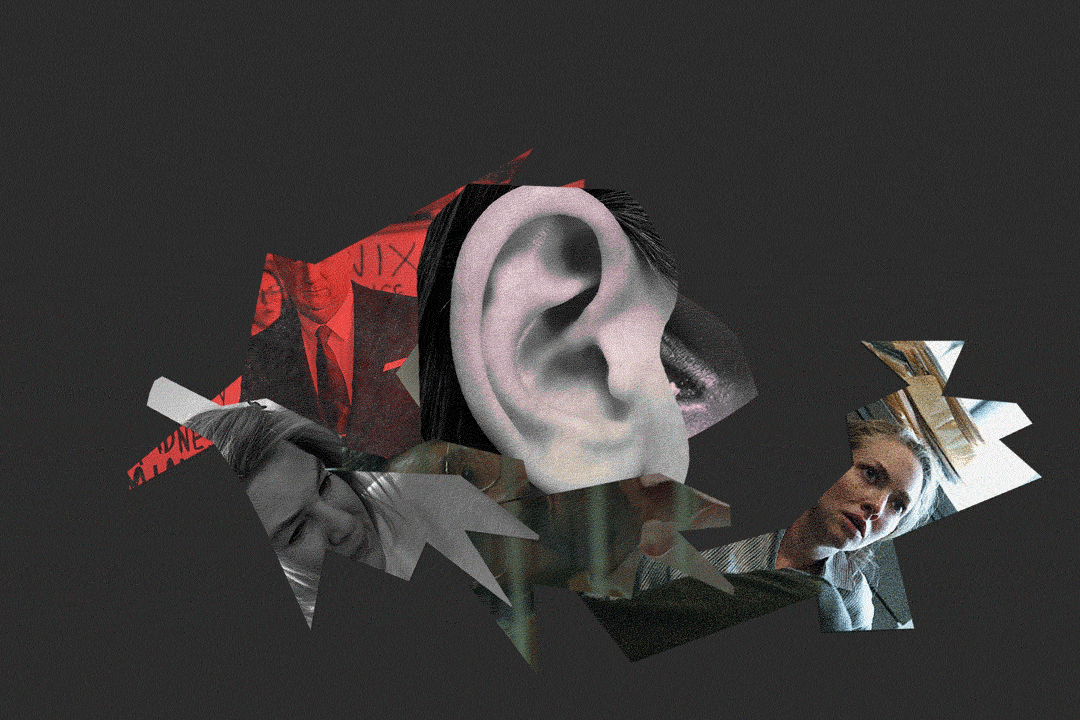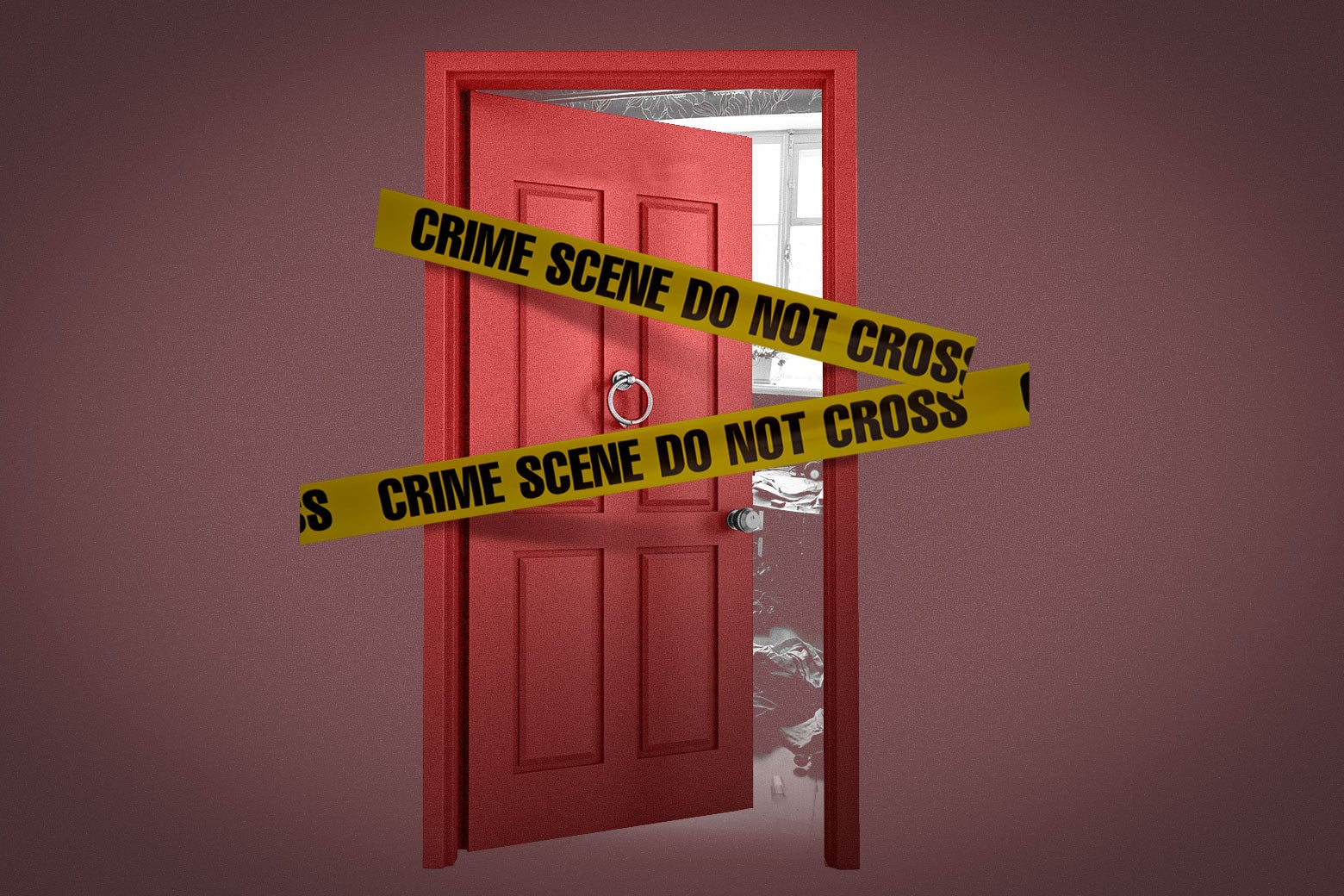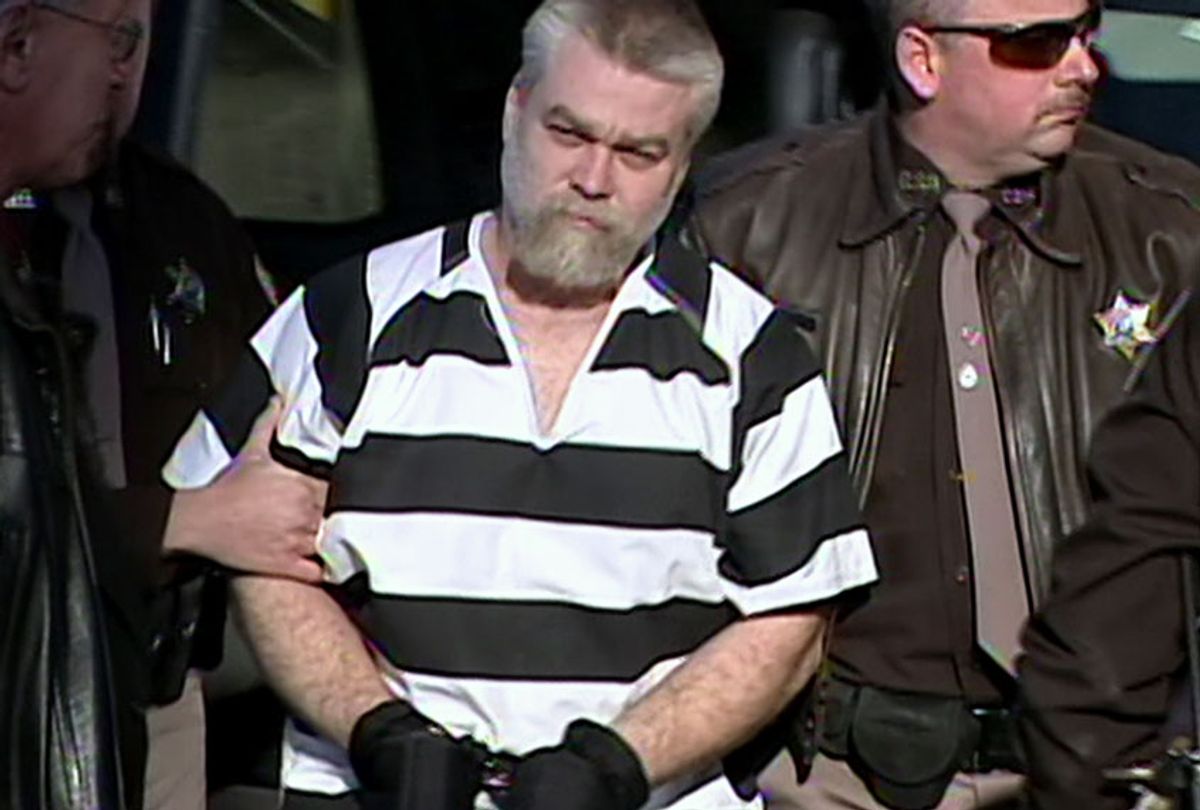
From “Making a Murderer” to “Don't F**k with Cats,” the evolution of true crime this decade
SalonThere’s a line in the new Apple TV+ series “Truth Be Told” that I haven’t stopped thinking about since it was spoken by lead character Poppy Parnell : “I’m not a prosecutor, I’m a podcaster.” It’s not meant to be humorous, but it is delivered with such ferocity that you can’t help but cringe and chuckle. People have always been interested in true crime, starting with 16th century pamphlets — both sensational and moralistic — about local murders, and rocketing through the 20th century with novels like Truman Capote’s “In Cold Blood” and the “serial killer panic” of the '80s and '90s. Some of these are formulaic and exploitative — I think of the Oxygen series “Snapped” — while others are a little too hot for the serial killers of yesteryear, like Netflix’s two Ted Bundy projects: “Extremely Wicked, Shockingly Evil and Vile” and “Conversations with a Killer: The Ted Bundy Tapes.” But throughout the 2010s, we also saw some true crime projects that broke form in a way that moves beyond grim for grimness’ sake and causes viewers to think about humanity, justice, and power in new, insightful ways. "Serial" and "The Jinx" Hosted by investigative journalist and public radio producer Sarah Koenig, “Serial” promised listeners a true crime story given the now-familiar “This American Life” treatment. "Don’t F**k With Cats" This new Netflix documentary, released on Dec. 18, has all the makings of a good true crime series: intrigue, plot twists, a compelling villain and a story that is considerably deeper than the initial premise.
History of this topic
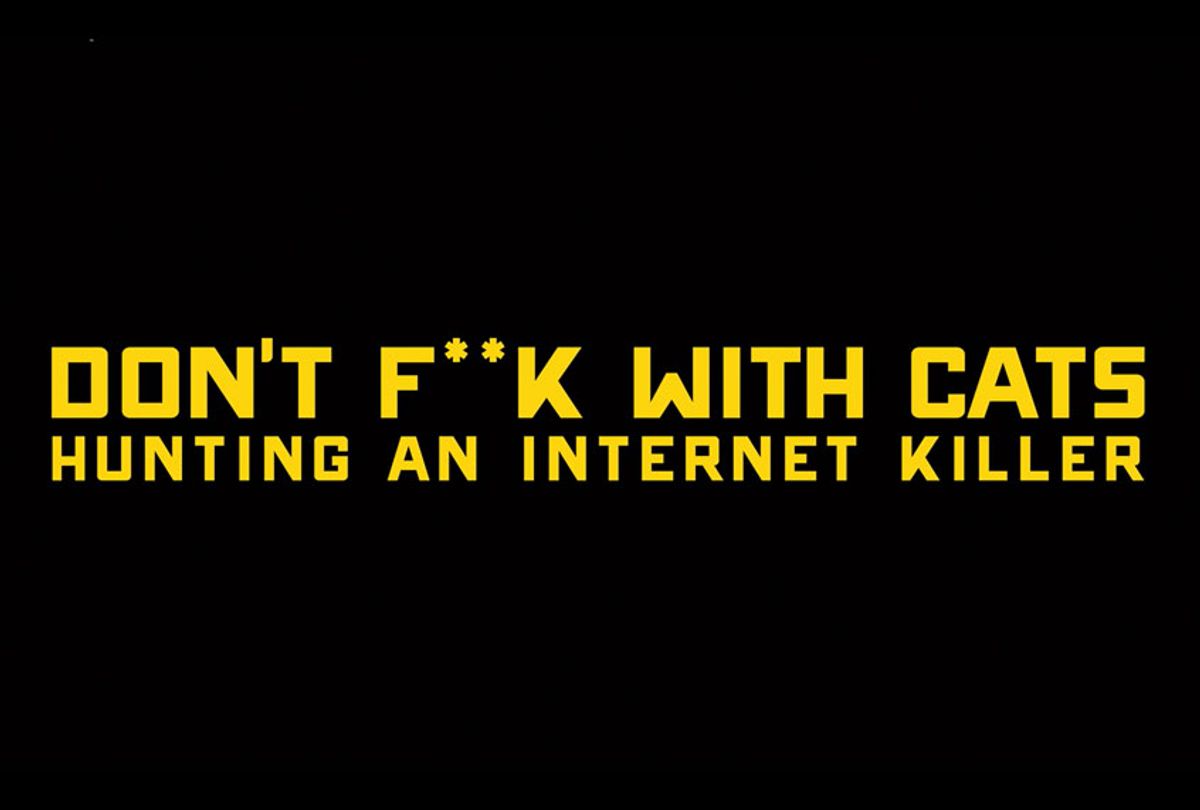
In Netflix’s compelling ”Don't F**k with Cats,” cat lovers unite to capture an online murderer
SalonDiscover Related







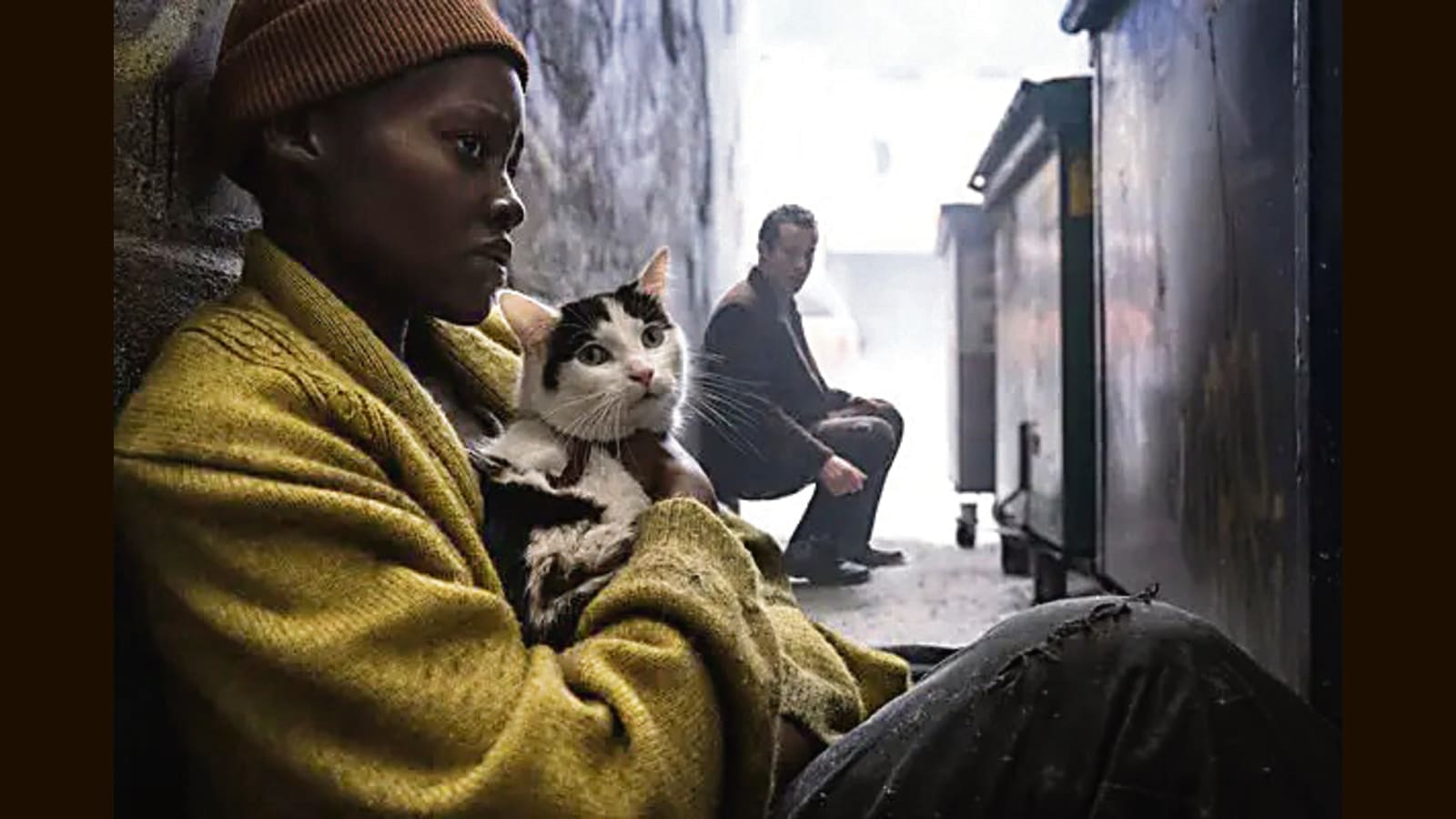


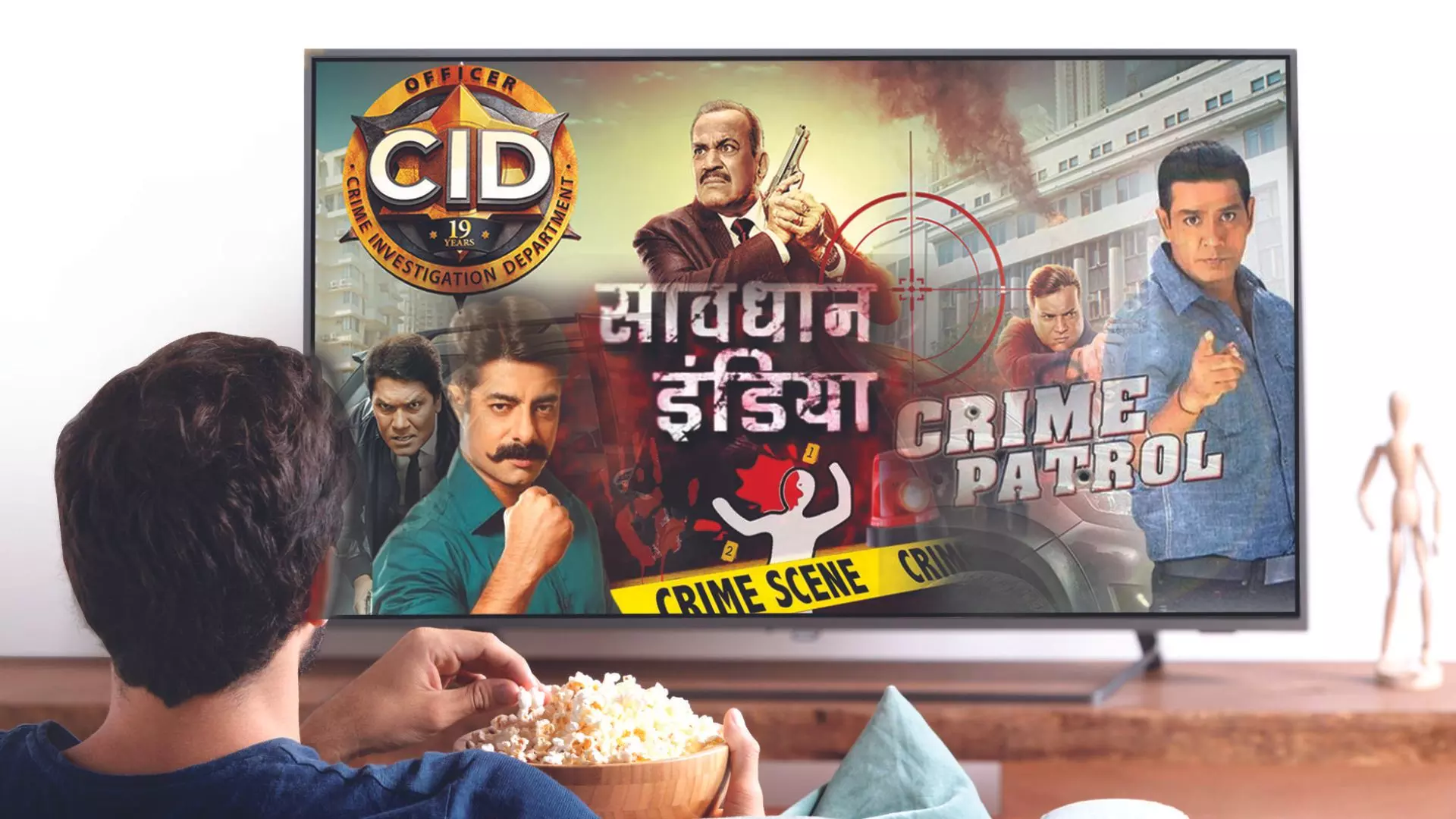
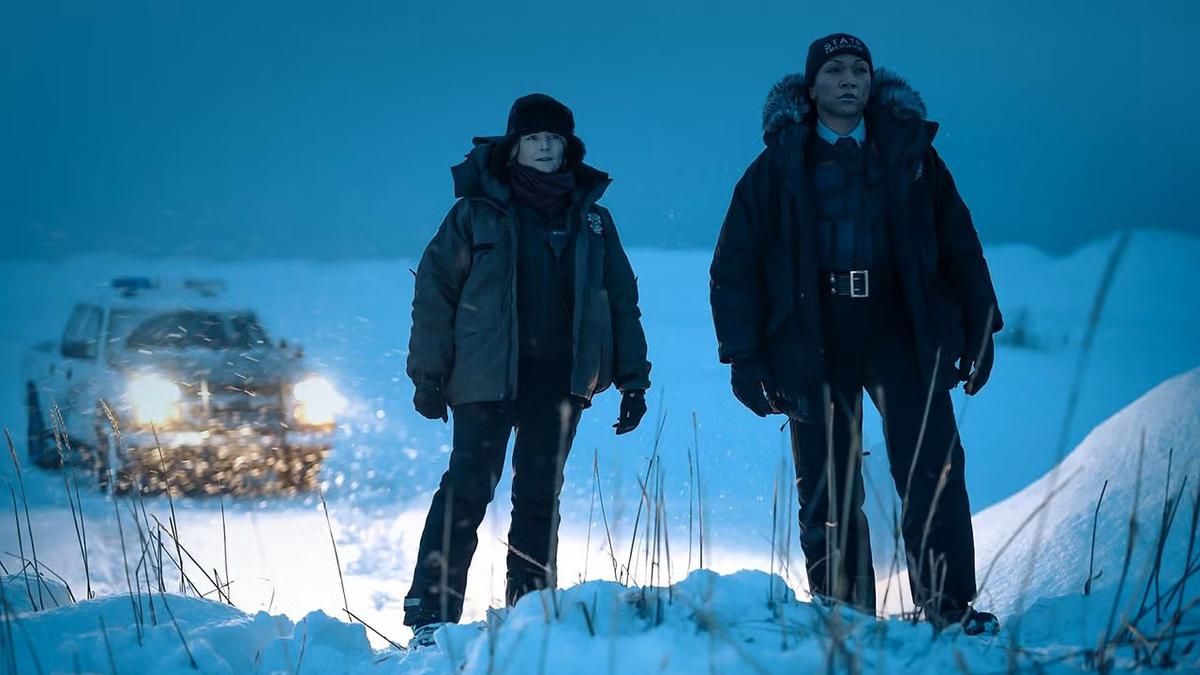


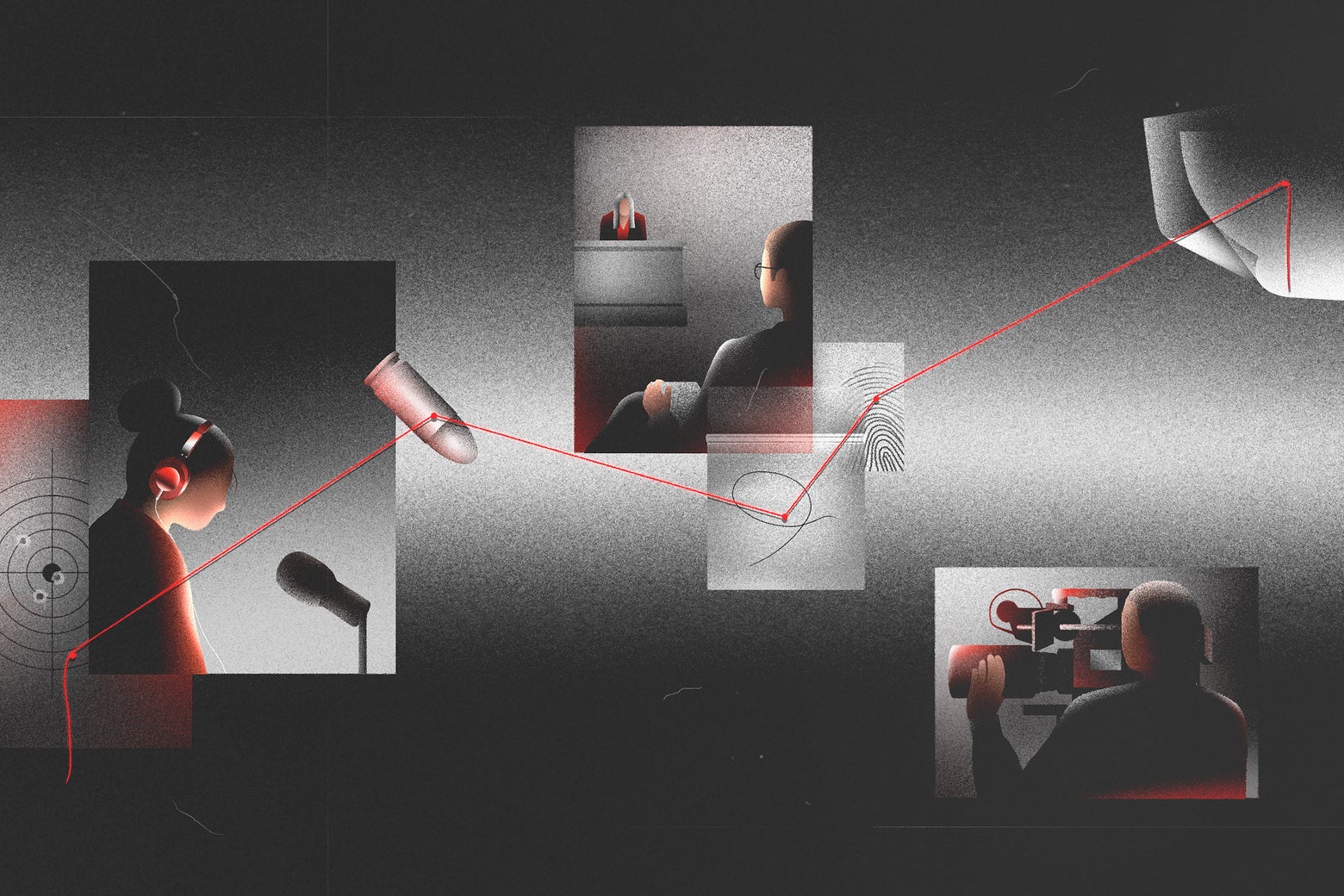

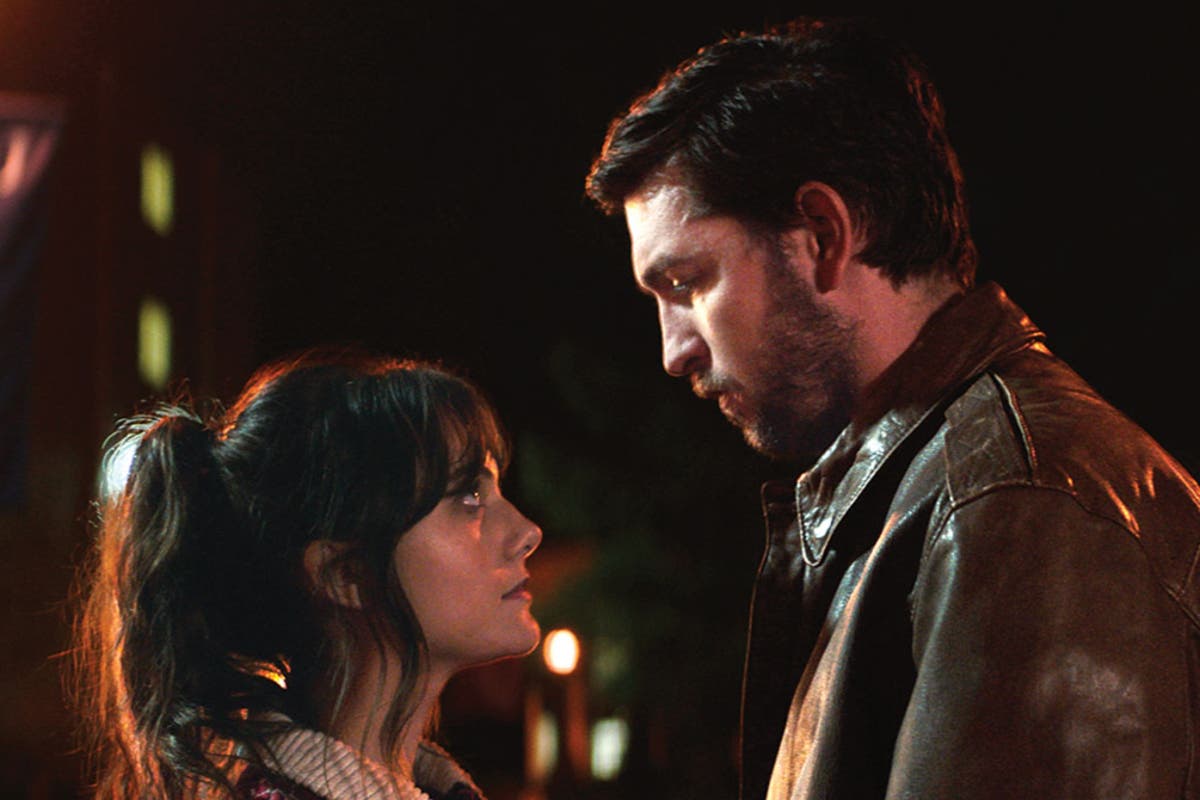

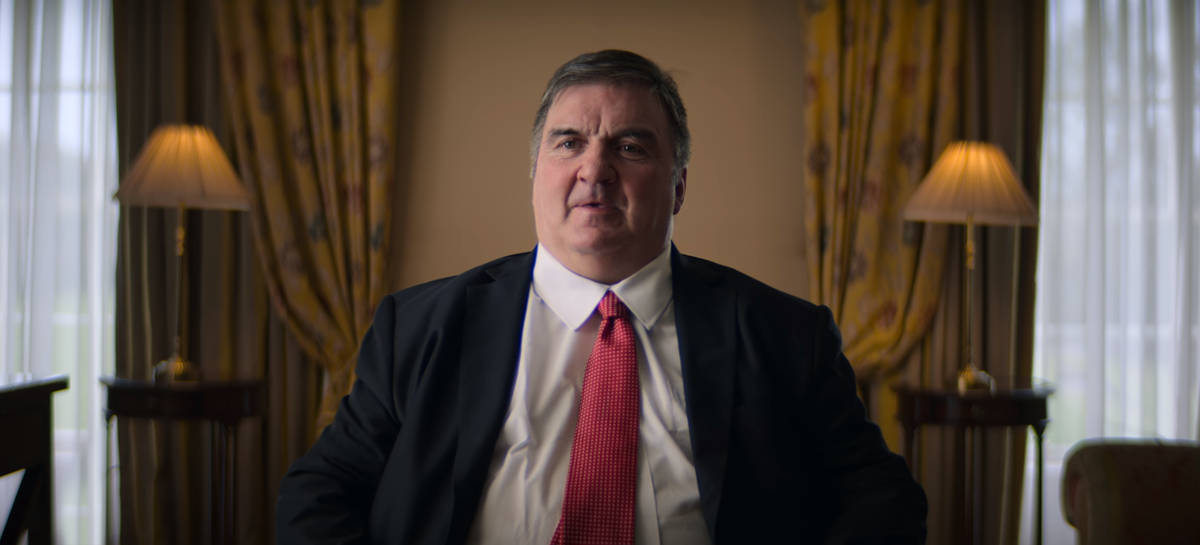

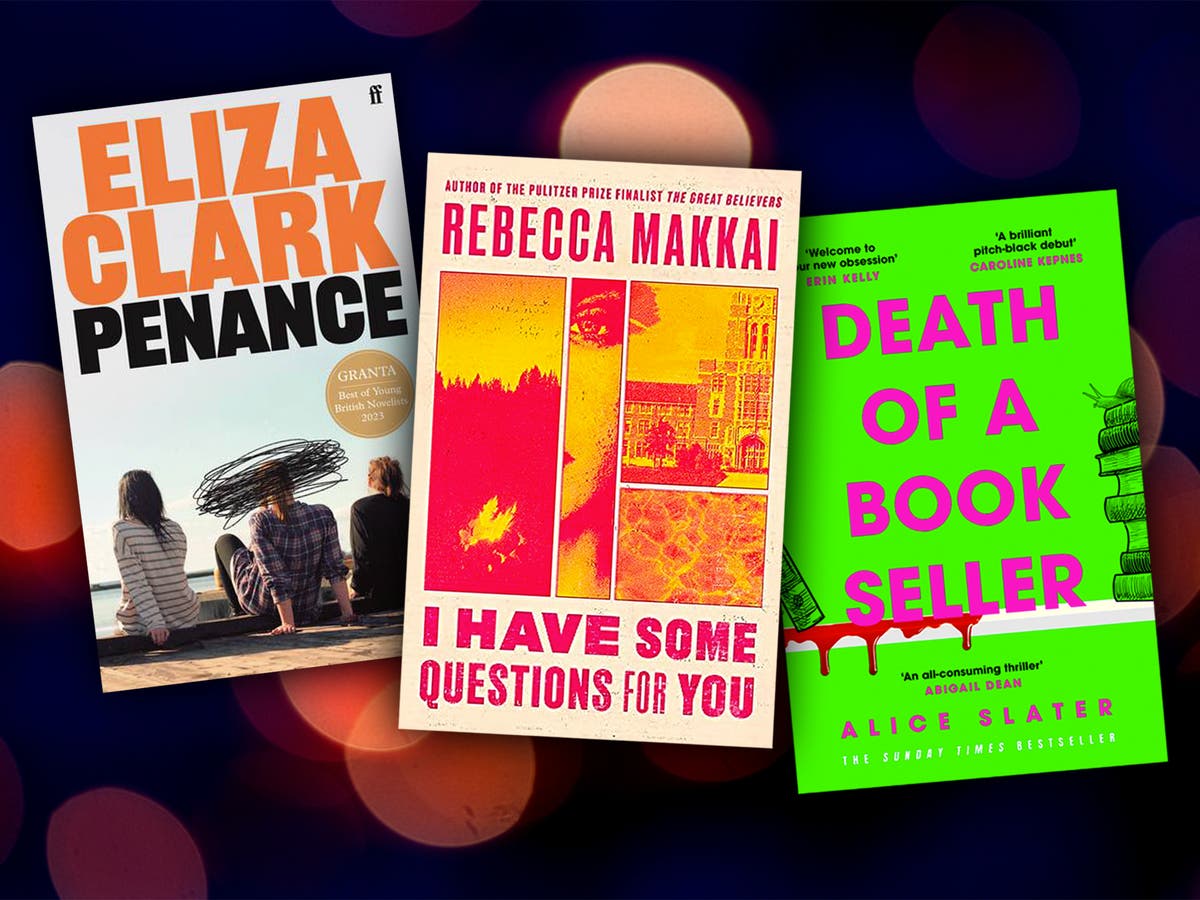
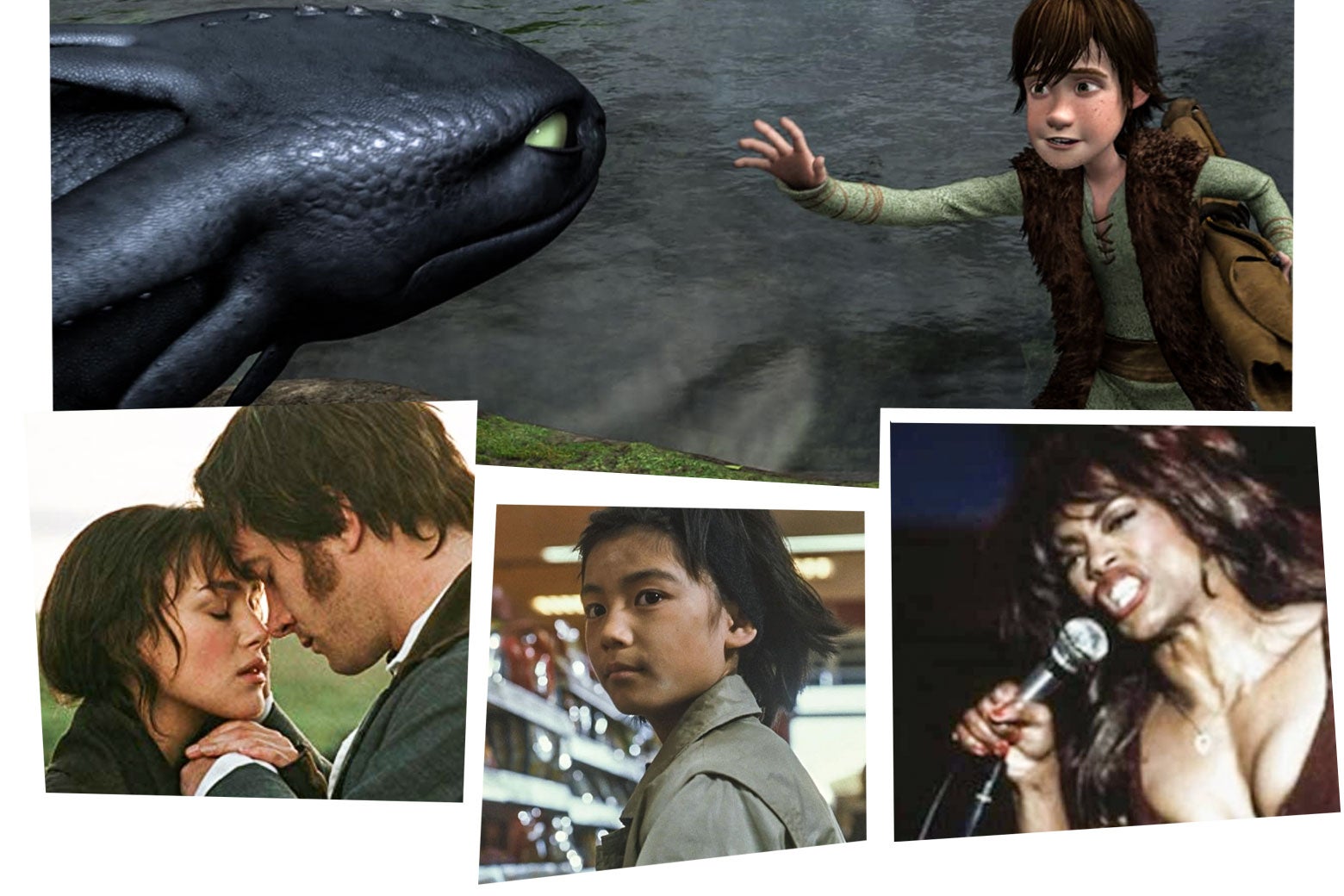
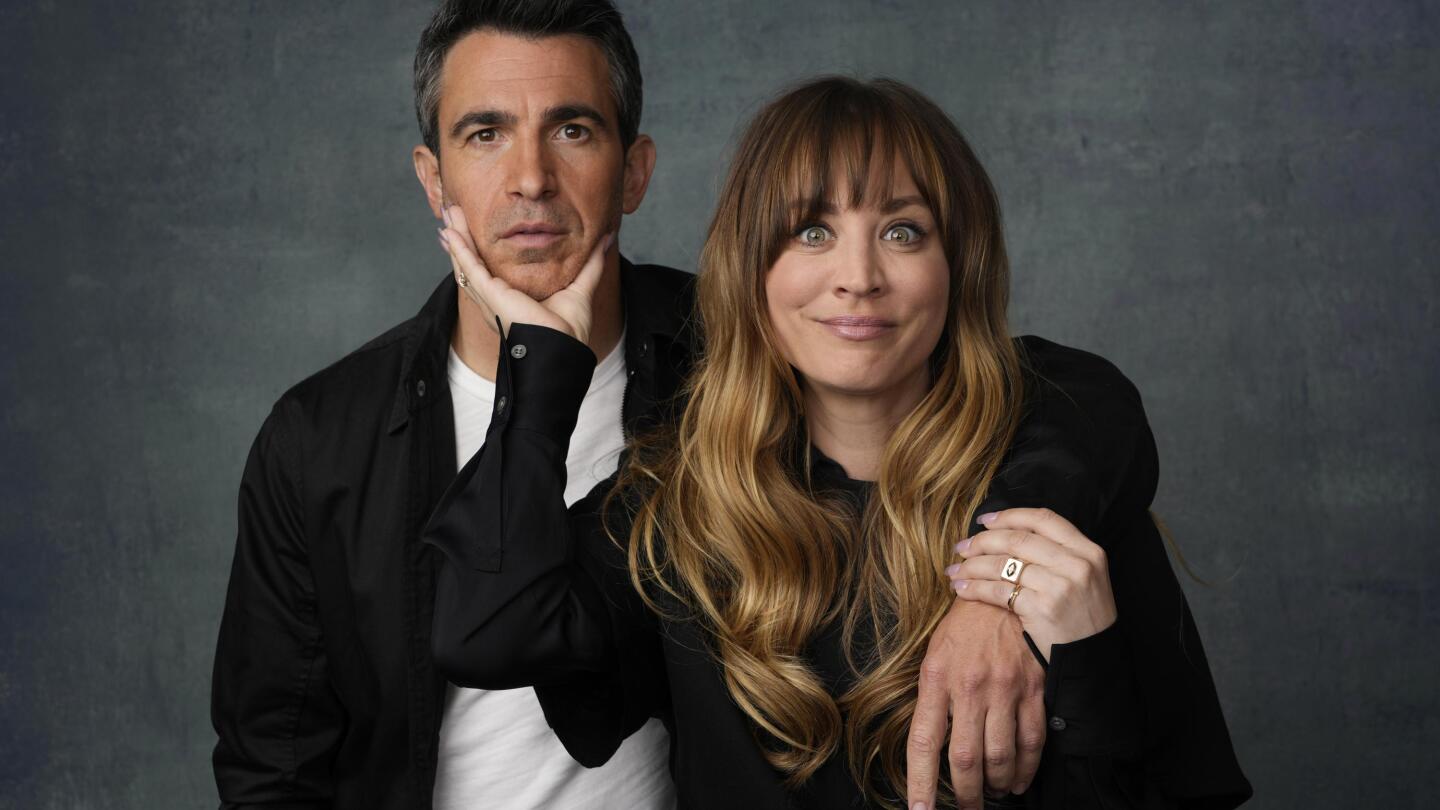

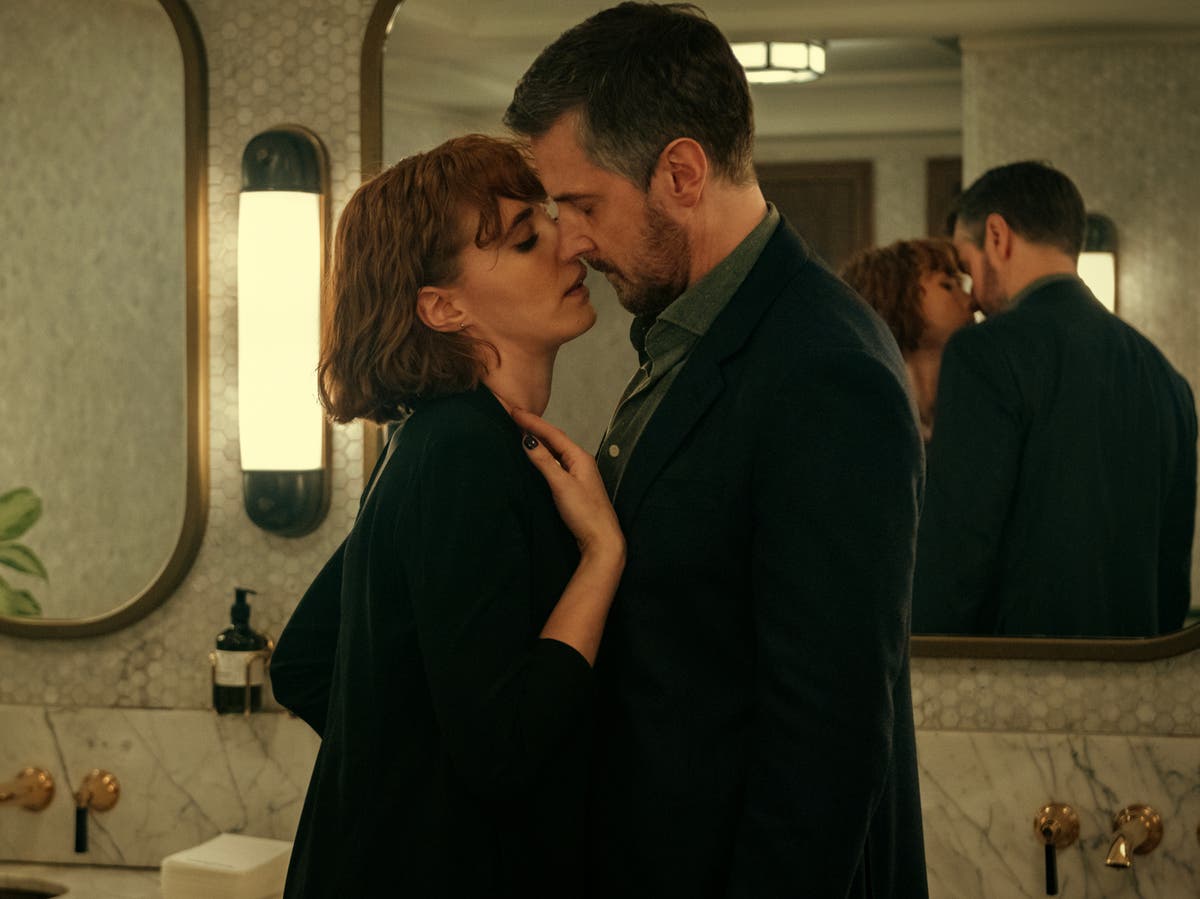
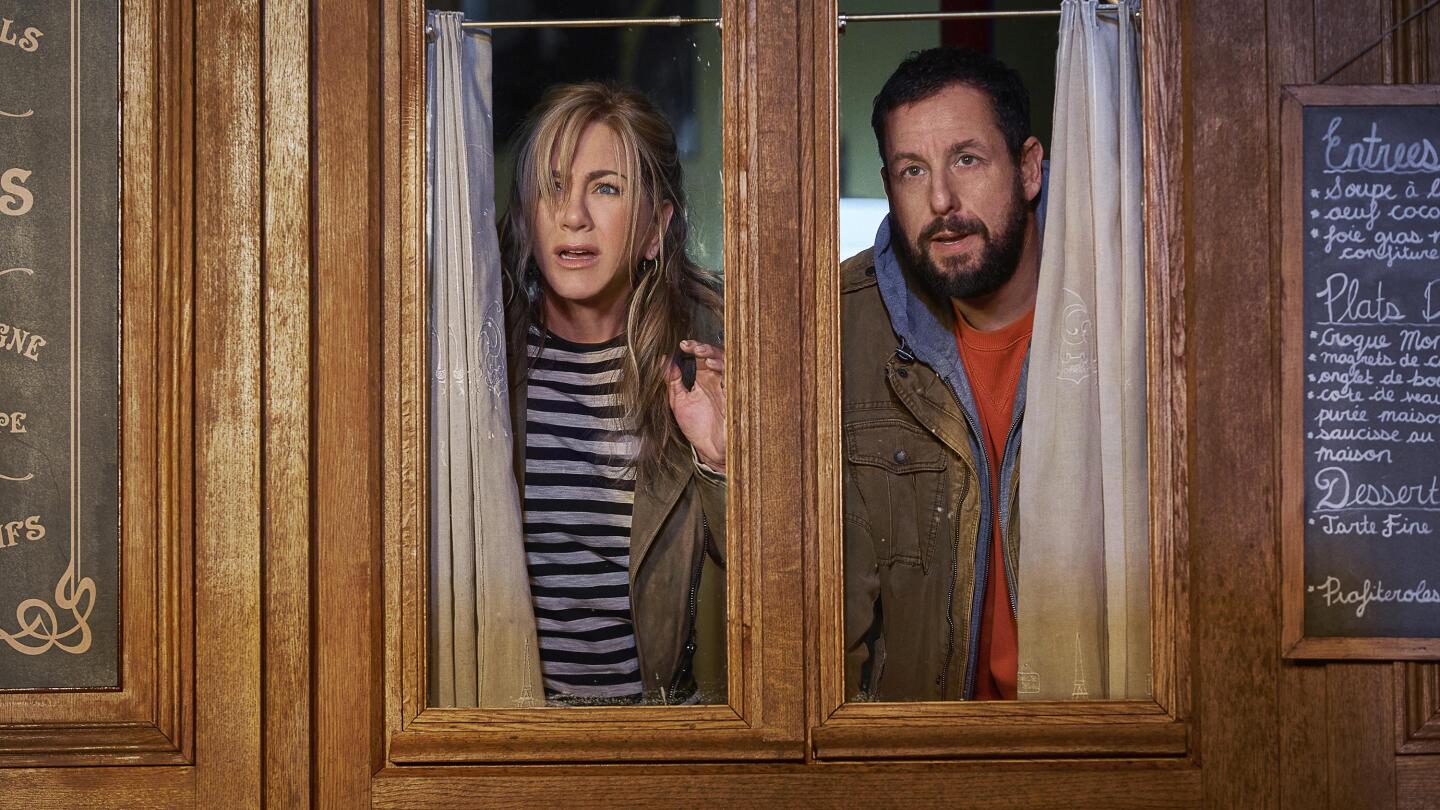
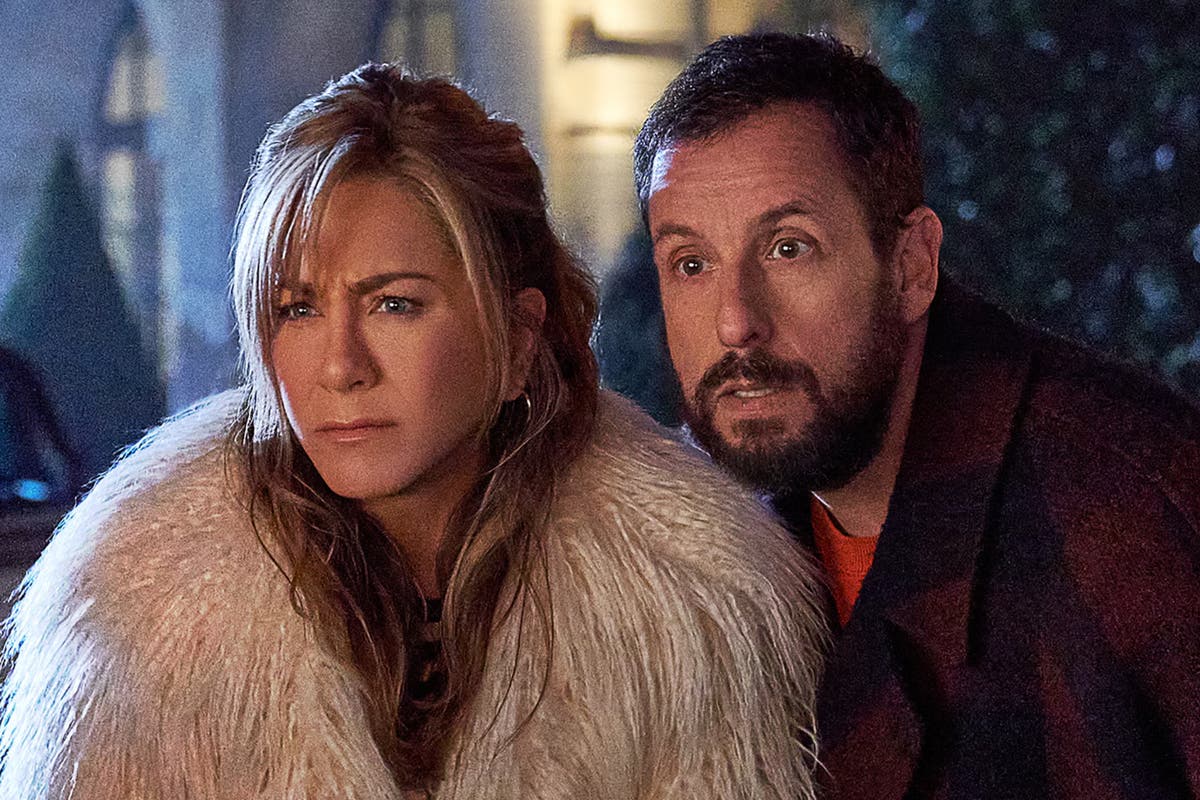
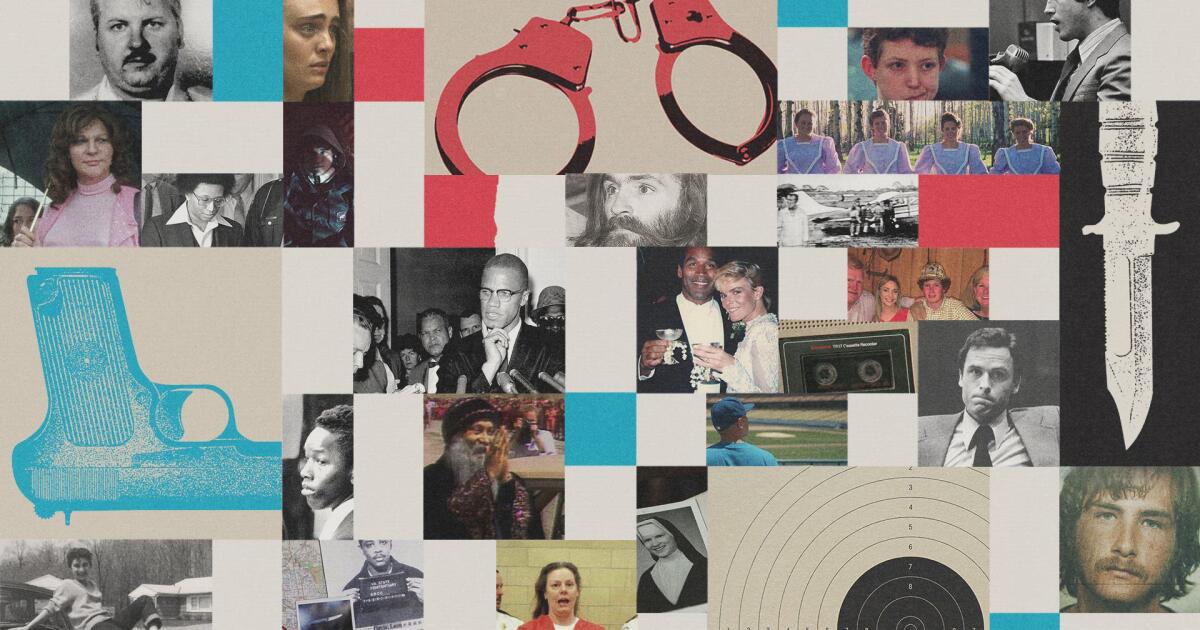




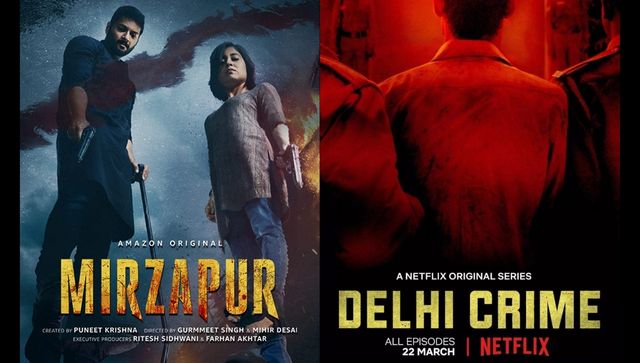)
